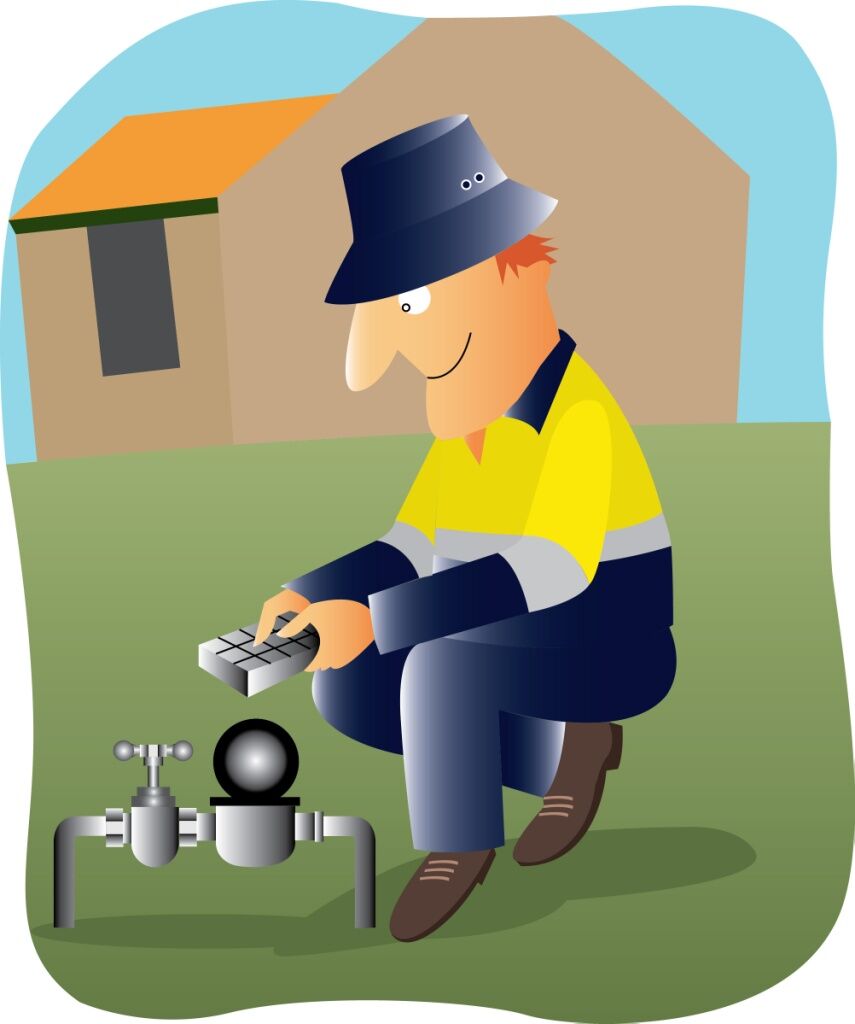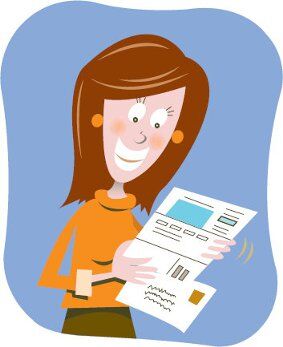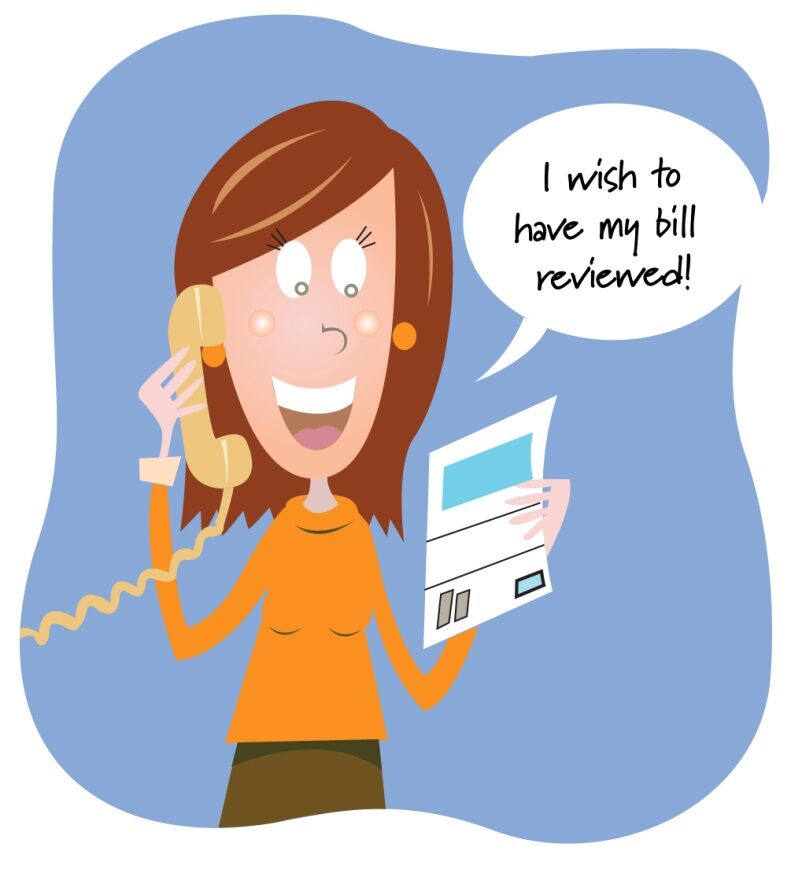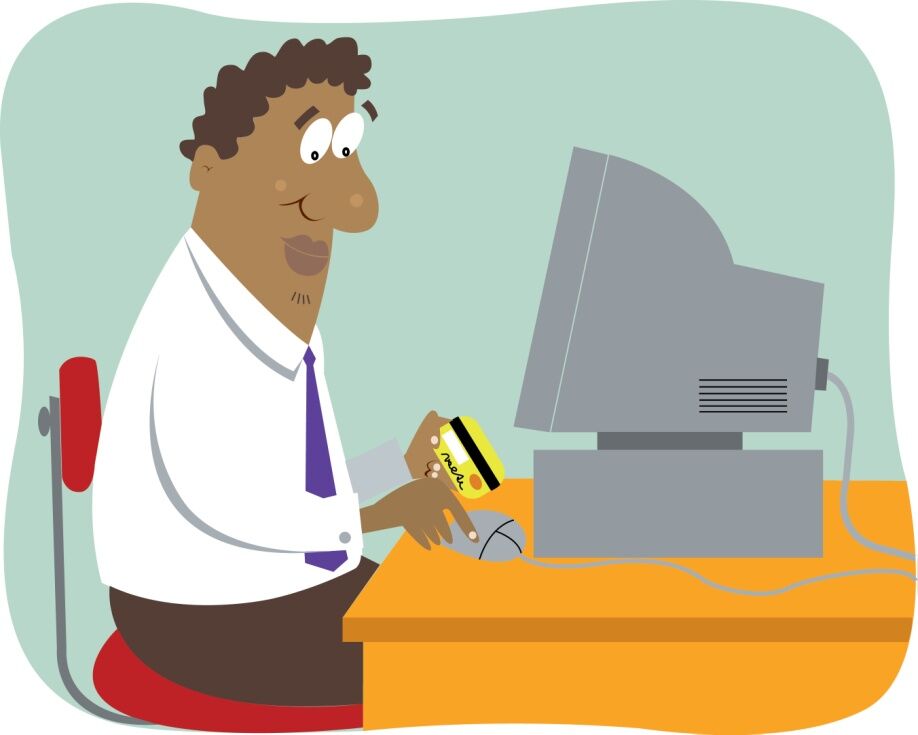There are two types of water charges, quantity and non-quantity charges. Quantity charges are based on the amount of water used, and are usually measured by a meter. Non-quantity charges (for example, sewerage or drainage charges) may be charged according to land value or a fixed charge.
A provider must issue a bill for non-quantity charges at least once every 12 months and a bill for quantity charges at least once every four months. A bill for quantity charges may be based on a metered reading to determine the quantity of water supplied, or if a meter reading is not possible (for example, if it has failed), a provider may estimate the amount.

Requested meter reading
You can request a special meter reading to determine outstanding charges for a period that is not the same as the usual billing cycle. This may be the case when you or your tenant is moving out of a property. You can request a special meter reading to determine the outstanding charges. A meter reading fee will apply.
Sending bills
You can request a bill to be sent to the address where the water service is provided or to another address you have nominated. A licensee must allow a customer to choose to receive bills by post or by email and must inform the customer of any charge for sending the bill.
Information on bills
Information that a bill must include comprises:

- the customer's name
- account number
- the address of the place in respect of which water service provided
- any other address nominated by the customer for sending the bills
- the date on which the bill is issued
- charges payable
- the water service or services for which the charges are payable
- for customers on tiered pricing systems, the day on which or the month during which the customer will return to the lowest tariff
- the date when payment is due
- the nature and amount of concession, discount or rebate
- the amount of interest or fees charged for late payment of outstanding amounts
- the amount of any arrears or credit standing to the customer’s name
- the options for payment that are available to the customer
- the provider's website address
- a telephone number for account, payment and general enquiries
- contact details for account, payment and general enquiries for use by customers with hearing and speech impairment
- a statement that refers to the provider's website that contains information about estimates, meter reading and testing, complaints and review.
- a Freecall telephone number for the office of the water services ombudsman
- the telephone number for interpreter services (residential customers)
- how to access assistance if you are experiencing problems paying your bill(s)
- a telephone number for complaints
- the telephone number of the 24-hour information line
- information about how to have your bill reviewed
- the bill must also include information about the basis of an estimated bill, requesting a meter reading, requesting a meter test, reviewing the bill and complaints about the bill.
The bill must also include information about the basis of an estimated bill, requesting a meter reading, requesting a meter test, reviewing the bill and complaints about the bill.
Estimated bills
If a bill is based on an estimate, you can request an explanation from the provider about the basis of and the reason for the estimate.
If a provider bases a bill upon an estimate and later receives a meter reading, an adjustment on the next bill must be made to take into account of the actual meter reading.
If you have a dispute with a provider over an estimate on which a bill is based, you are entitled to a meter reading and a revised bill upon request provided applicable fees are paid.

Review of a bill
You are entitled to have your bill reviewed. A provider must have a review procedure that includes:
- a process for requesting a meter reading or testing
- the provider’s obligations if it is found that you have been undercharged or overcharged
- your right to make a complaint if unsatisfied with the outcome of the review.
A provider is required to provide you with the outcome of a review as soon as practical or within 20 business days from the time you requested a review of the bill.
If you have been undercharged, a provider can only recover a charge from you for the water services provided in the 12 month period from the time when you were informed of the undercharging. You must be allowed to repay through a repayment plan. Providers may charge interest and late fees if you do not pay an undercharged amount by the due date. There are exceptions for if you are in financial hardship, if the fees would take you into hardship or a complaint related to the undercharged amount is under review (not resolved by the licensee or not determined by the ombudsman).
If you have been overcharged, a provider must within a 15 business day period of becoming aware of the overcharging credit your account and immediately notify you. A provider can also recommend options of how you can be refunded for the overcharged amount.
Paper billing
Customers can choose between receiving paper or electronic bills as many times as they like within a 12 month period.
A licensee must not charge the following customers for a paper bill:
- concessions customers
- customers experiencing family violence
- customers assessed as experiencing financial hardship or payment difficulties
- customers on the preserved supply register
The Water Corporation, Bunbury Water and Busselton Water do not charge for paper billing, other providers have discretion regarding paper billing fees.
Leaks
A provider must have a publicly available written policy, standard, policy or guidelines in relation to the granting of a discount if a detected leak has occurred.
Payment methods
You are entitled to 14 days to pay a bill and may choose from a number of payment options:
- direct debit
- Centrepay
- internet
- telephone
- post

If you are paying a bill by direct debit, the provider must seek consent either in writing or verbally from the account holder and the customer who can be yourself or another person you have nominated. The provider must inform you of all the fees and charges associated with each payment option.
You can also make payment in advance towards a future bill. A provider does not have to credit interest to the amount paid in advance.If you are unable to pay a bill due to absence or illness you can also request a bill to be redirected to another person at no charge.
